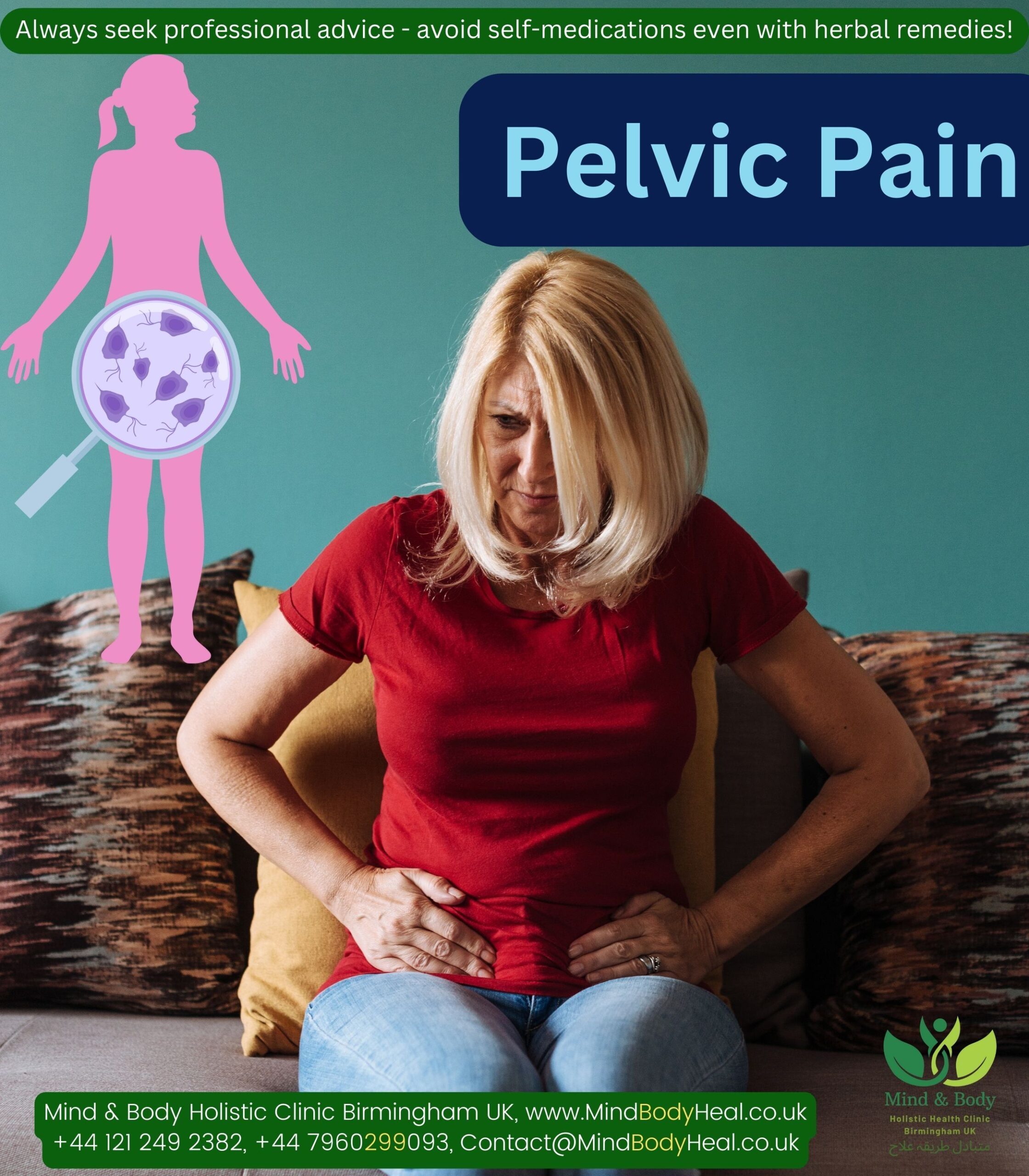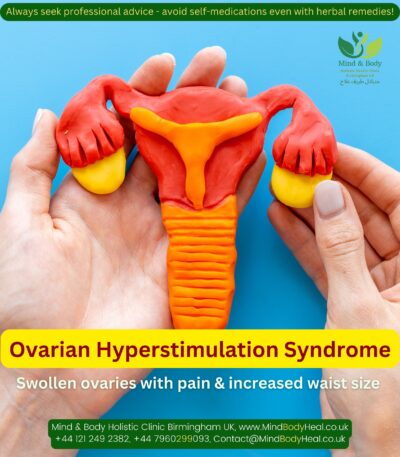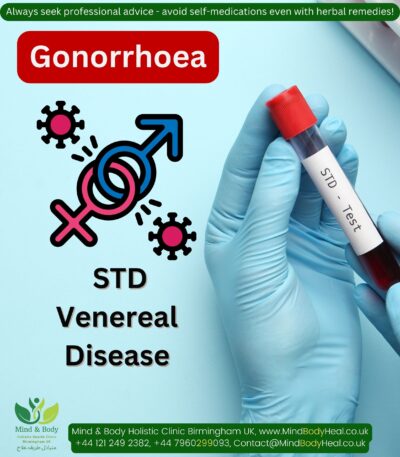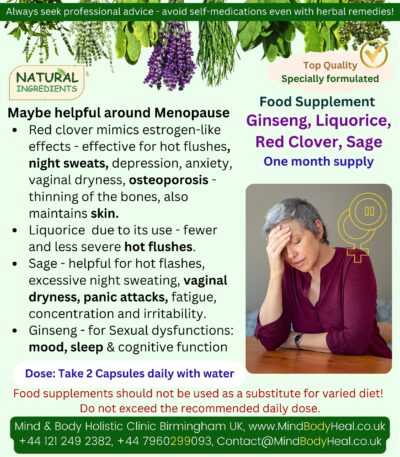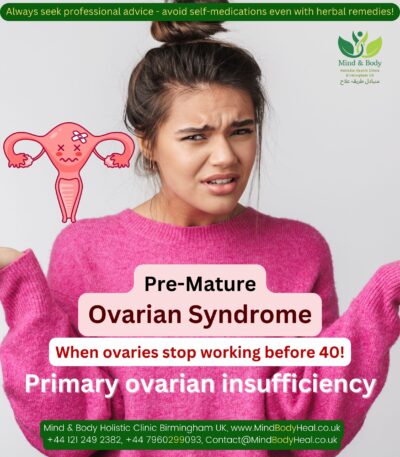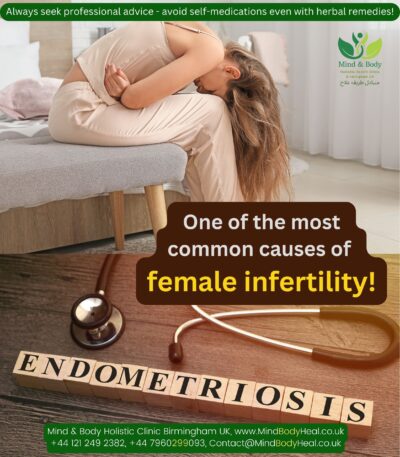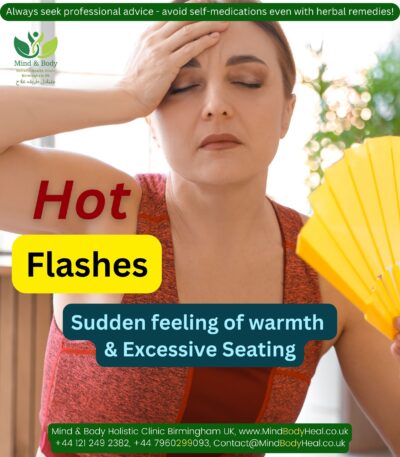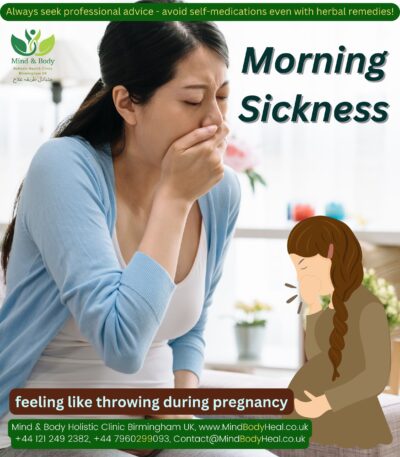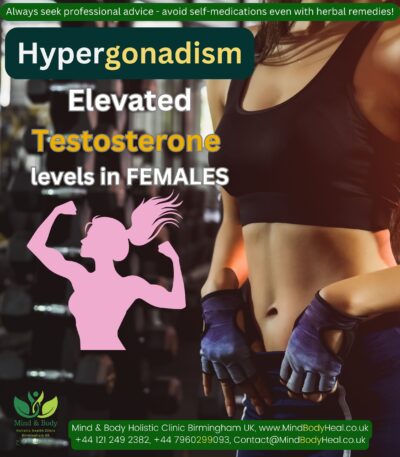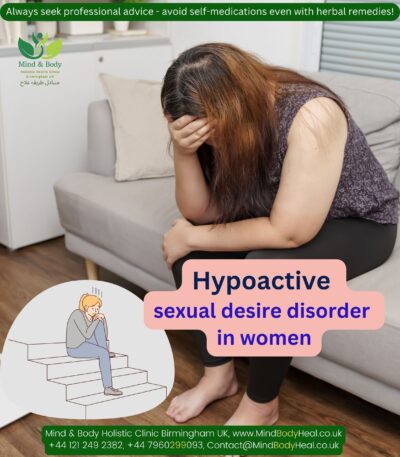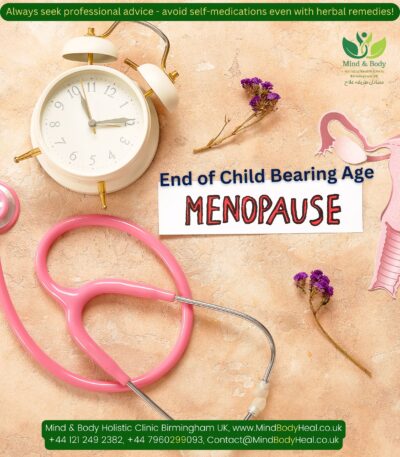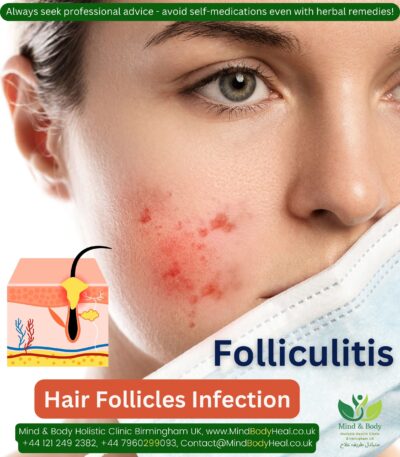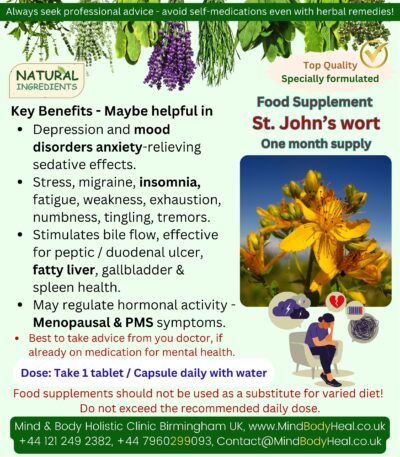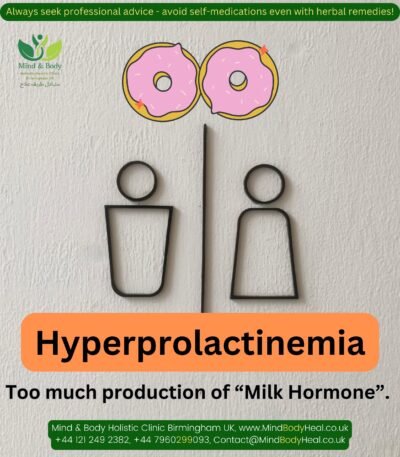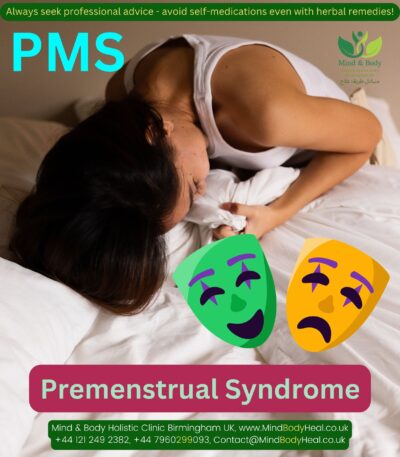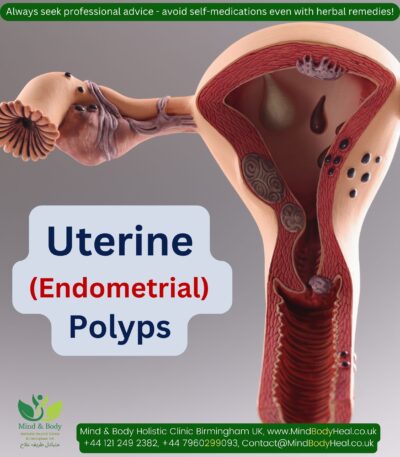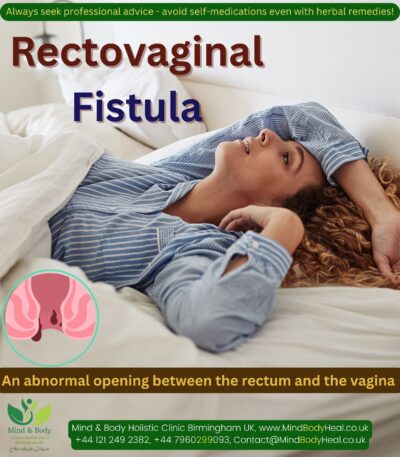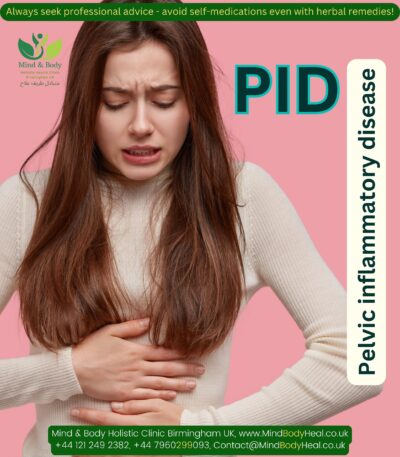Pelvic or Lower abdominal pain in the area below the bellybutton and between the hips, usually comes from organs within the abdominal cavity. Those organs include the reproductive organs, stomach, small intestine, colon, liver, gallbladder, spleen, and pancreas etc.
In women, the lowest portion of the abdomen is the pelvic area and involves the uterus, fallopian tubes, and ovaries.
The most common causes are acute or recurrent urinary disorder, such as bladder or kidney problems, a bowel problem or a problem with the reproductive system.
The pain in one or more of the following ways:
- Serious and steady.
- Mild, moderate or very severe
- Pain that comes and goes.
- Dull aching.
- Sharp pains or cramping.
- Pressure or heaviness deep within the pelvis.
- An urgent or frequent need to urinate.
- Bloating.
- Upset stomach.
- Constipation or diarrhea.
The pain also may happen:
- During sex.
- While having a bowel movement or urinating.
- When you sit or stand for a long time.
There are 3 probable causes of such pains.
- Pain arising from the urinary system.
Symptoms may include as burning when you pass urine and going to the toilet more often. The Infection can spread to the kidneys (pyelonephritis) and can make you feel unwell with an elevated temperature and back pain.
If you have pain that spreads from your back down to your groin and is severe – you may have kidney stones.
- Pain arising from the digestive system
Pain arising from the large intestine is a particularly common cause of lower abdominal pain in both men and women. Features suggesting your pain may be to do with the bowel:
- Pain associated with pooing
- A change in bowel habit
- Loss of blood when you poo
- Bloating with wind
- Both constipation and diarrhoea can give you pain.
This kind of pain comes and goes in waves. Potential causes of such pain can be;
- Irritable bowel syndrome (IBS), which can give you alternating diarrhoea, constipation and bloating.
- Diverticular disease and its complications which are more frequent in older patients. Inflammatory bowel disease i.e. ulcerative colitis etc.
- Bloating and swelling
- Pain arising from the reproductive organs
This type of pain can originate from your uterus (womb), Fallopian tubes or ovaries. It’s usually felt in the middle of the lower abdomen.
Pain that is felt more to the side can be more typical of a pain coming from the ovary.
Pain coming from the uterus is often worse during your period and is called dysmenorrhoea.
Examples of conditions of the reproductive organs include endometriosis, fibroids, pelvic inflammatory disease, ovarian cysts and problems related to the early stage of pregnancy such as a miscarriage or ectopic pregnancy (pregnancy outside the womb).
Appendicitis — When abdominal pain on the right side occurs and radiates to other areas of the stomach, it could be inflammation of the appendix. This is a condition that can get worse within a matter of hours.
Cystitis — This is a bladder infection that leads to symptoms of lower abdominal pain, pressure in the abdomen, a burning sensation when urinating, and frequent urination.
Pelvic inflammatory disease — An infection in the female reproductive organs can cause a lot of discomfort. The other symptoms include lower abdominal pain and back pain, pain during intercourse, pain when urinating, vaginal discharge, weakness, and fever.
Menstrual pain or PMS — During a woman’s monthly period, she could experience symptoms such as throbbing lower back pain and cramping.
Miscarriage – The loss of a foetus before the 20th week is called a miscarriage and it can cause pain in the lower abdomen. Symptoms include cramping, back pain, vaginal spotting and bleeding and the passing of fluid or tissue from the vagina.
Endometriosis — This is a condition where the uterine tissue grows outside the uterus, leading to pain. Cramping in the pelvis, pain in the lower back and abdomen, pain when urinating and excreting, as well as pain during a period can occur.
Fibroids — The non-cancerous growths in the uterus can include symptoms of pain and pressure in the pelvis, heavy periods, frequent urination, constipation, as well as pain in the back and legs.
Polycystic ovarian syndrome – This is a hormonal disorder seen in women of childbearing age. The symptoms often include pelvic pain, irregular periods, heavy periods, and excessive growth of facial and body hair.
Cancer — When the lower side of the abdomen has a cancerous growth, it can lead to mild or very sharp lower abdominal pain.
Kidney stone — Mild to severe lower abdominal pain under the ribs can occur when kidney stones form. This can also involve severe back pain.
Muscle and bone problems. joints and connective tissues can also lead to pelvic pain that keeps coming back. These problems include fibromyalgia, tension in pelvic floor muscles, swelling of the pubic joint or a hernia.
Cholecystitis — This is inflammation and swelling of the gallbladder, and it causes pain in the lower abdomen.
Ectopic pregnancy — This is a condition that can cause right or left abdominal pain and can be life threatening.
Intestinal obstruction — This happens when contents of the intestine that pass the lower bowl are blocked. This leads to severe abdominal pain.
Ovarian cysts – A sac or cyst on the ovary can lead to lower abdominal pain—these cysts are often benign.
Salpingitis — This is a sexual disease that can cause inflammation in a woman’s fallopian tubes.
Mental health risk factors. Depression, long-term stress, or a history of sexual or physical abuse may raise your risk of chronic pelvic pain.
FREE Shipping included – Usually dispatched within 1 – 2 working days!
Are you concerned about your health or managing a recurring or chronic condition?
Our website provides informed guidance and initial supportive care for individuals who are finding it difficult to access their doctors or who have not experienced desired improvement with conventional options.
We help individuals explore a range of natural and holistic healing approaches to encourage balance and long-term wellness that may complement your healing journey.
We offer a ready-to-use complementary remedies kit designed to ease discomfort and support well-being, with clear instructions for each item.
The kit includes a personalised selection of remedies based on your signs, symptoms, and likely causative factors.
It may combine homeopathic medicines, herbal or daily supplements, a tailored diet plan, lifestyle guidance, practical tips, and topical applications where needed. It’s suitable if you value the healing potential of natural, holistic remedies.
Complementary remedies work best alongside standard medical treatments and can usually be taken safely with your regular medications.
Our homeopathic remedies follow Dr. Hahnemann’s traditional dilution and succussion methods and are prepared by a qualified naturopathic practitioner, supported by research, clinical experience, and observed outcomes in similar cases. Treatment duration can range from a few weeks to several months, depending on severity and chronicity. Outcomes vary with individual factors and case complexity.
If you prefer lactose pills instead of sucrose globules, let us know. Please also provide the patient’s age so we can supply appropriately sized pills. You can simply send this via WhatsApp at 07960 299 093.
These remedies may contain trace amounts of natural plant, mineral, or animal substances, preserved in medical-grade alcohol. Inform us of any allergies or dietary restrictions before purchase.
You may contact us before starting or book a detailed consultation (in person or via teleconsultation) with one of our experienced naturopath for your detailed assessment or personalized guidance.
Natural remedies can affect the body and may not suit everyone. At the start of treatment, some patients—especially with mental health or skin issues—may experience a temporary increase in symptoms. This may represent medicinal aggravation, indicating the body is responding, though symptoms may not be connected and simply coincidental. If they persist, contact us for support.
Why some patients choose natural, complementary or holistic remedies:
• Symptomatic relief and improved well-being
• Gentle options with fewer side effects
• Whole-person focus, addressing physical, emotional, and lifestyle factors
• Root-cause and preventive emphasis
• Encouragement of active self-care
• Support alongside conventional treatment
• Personalised and accessible care
Precautions:
• Inform your healthcare provider about any complementary therapies
• Some herbs or supplements may interact with conventional medications
• Do not replace conventional treatment for serious, chronic, or terminal conditions
These complementary remedy kits are provided for your own discretion and personal responsibility. Use them mindfully and avoid self-medicating in sensitive situations.
If you are looking for a specific remedy / kit not listed on our site or a customized formulation, contact us—our range is extensive and can be tailored to your physical and mental symptoms and causative factors.
Disclaimer:
Natural remedies—including homeopathic remedies, herbal supplements, and aromatherapy products—are generally safe for most people, including children and older adults. Still, consult your GP or healthcare provider before use, especially if pregnant, breastfeeding, or managing chronic or serious conditions.
- Our remedies support general wellness and are not a substitute for medical advice.
- Review product details and make informed decisions before purchasing, particularly for ongoing or serious concerns.
- We provide general guidance only; detailed personalised consultations are not available through this platform.
- These remedies are intended for individuals able to follow instructions independently.
- Our support focuses on product use and general information; repeated or highly detailed personal queries may not receive individual responses.
- If you need frequent reassurance or highly tailored advice, please consult a qualified naturopath or healthcare provider before purchasing.
Due to strict UK regulations on the sale of medicinal products, we cannot give specific advice, without a face-to-face consultation.


